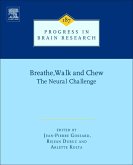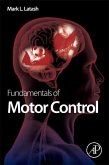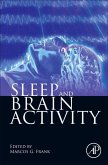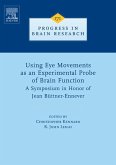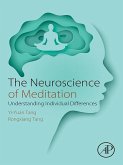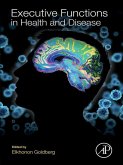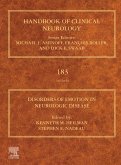The study of hormones as they impact the brain and, subsequently, behavior is a central topic in neuroscience, endocrinology and psychiatry. This volume offers an overview of neuroendocrinological topics, approaching the subject from the perspective of hormone-brain function, hormone-behavior relations, sex differences, and the impact on various diseases/pathologies. Many basic human behavioral functions are subject to the influence of hormones - sexual orientation, the experience of pain, fertility, immunity - as are clinical conditions such as diabetes, substance abuse disorder, eating disorders, PTSD, TBI, pain, Alzheimer's, stress/anxiety, affective disorders, and more. There is considerable commercial clinical potential in the study of hormones - drug companies are currently developing a Cholecystokinin (hormonal peptide) booster to reduce appetite in those who suffer from sever obesity, and catamenial epilepsy (features seizure exacerbation in relation to the menstrual cycle) is resistant to treatment by standard antiepileptic medications, but may be hormonally controlled. These issues and more are covered, and there is simply no other current single-volume reference with such comprehensive coverage and depth.
Authors selected are the internationally renowned experts for the particular topics on which they write, and the volume is richly illustrated with over 150 figures (50 in color). A collection of articles reviewing our fundamental knowledge of neuroendocrinology, the book provides an essential, affordable reference for researchers, clinicians and graduate students in the area.
- Offering outstanding scholarship, each chapter is written by an expert in the topic area and approximately 25% of chapters are written by international contributors (7 countries represented)
- Provides more fully vetted expert knowledge than any existing work with broad appeal for the US, UK and Europe, accurately crediting the contributions to research in those regions
- Heavily illustrated with 150 figures, approximately 50 in color, presenting the material in the most visually useful form for the reader
- Fully explores various clinical conditions associated with the hormones and the brain (PTSD, TBI, Stress & Anxiety, eating disorders, diabetes, addictive disorders, Alzheimer's, affective disorders)
- Broad coverage of disorders makes the volume relevant to clinicians as well as researchers and basic scientists
Dieser Download kann aus rechtlichen Gründen nur mit Rechnungsadresse in A, B, BG, CY, CZ, D, DK, EW, E, FIN, F, GR, HR, H, IRL, I, LT, L, LR, M, NL, PL, P, R, S, SLO, SK ausgeliefert werden.



